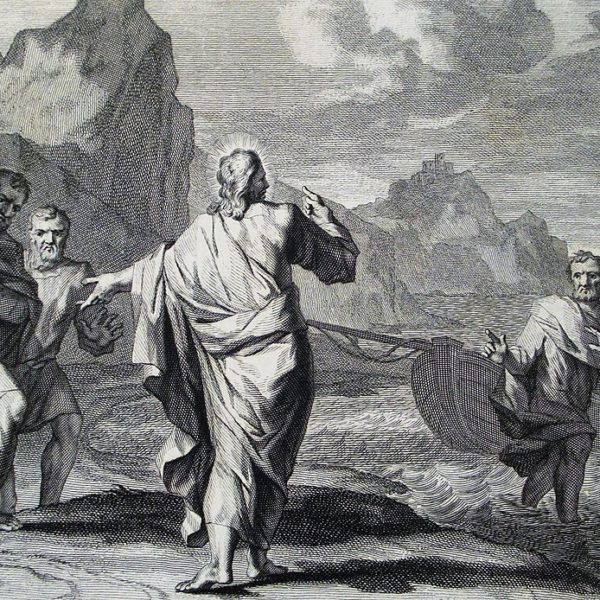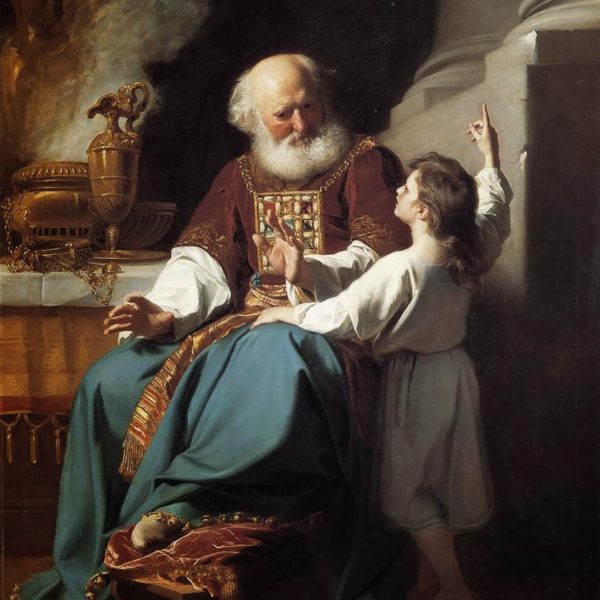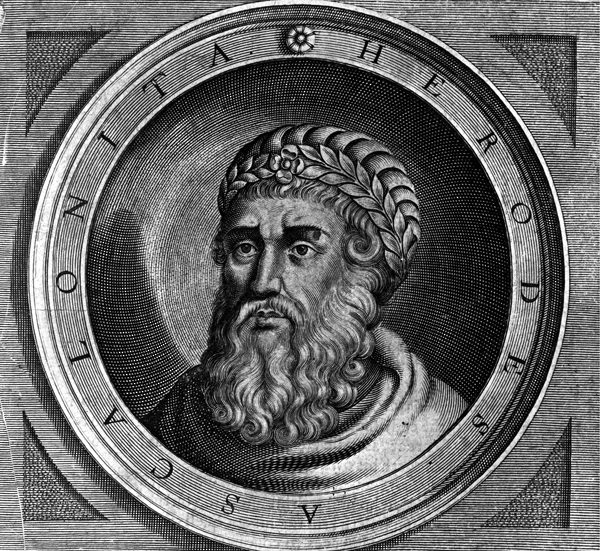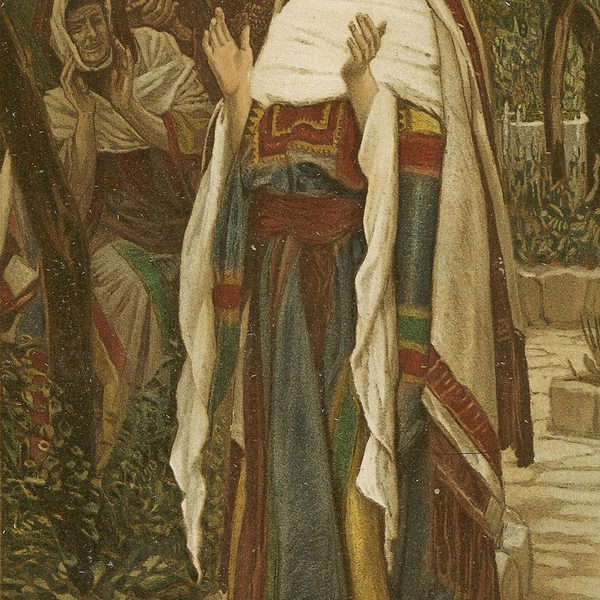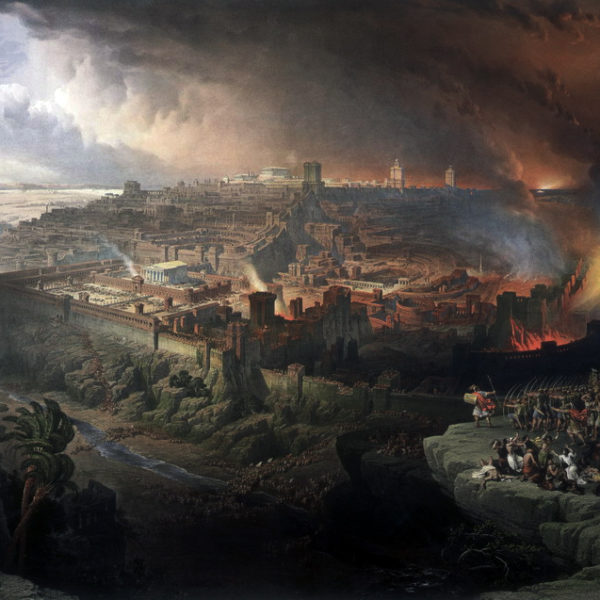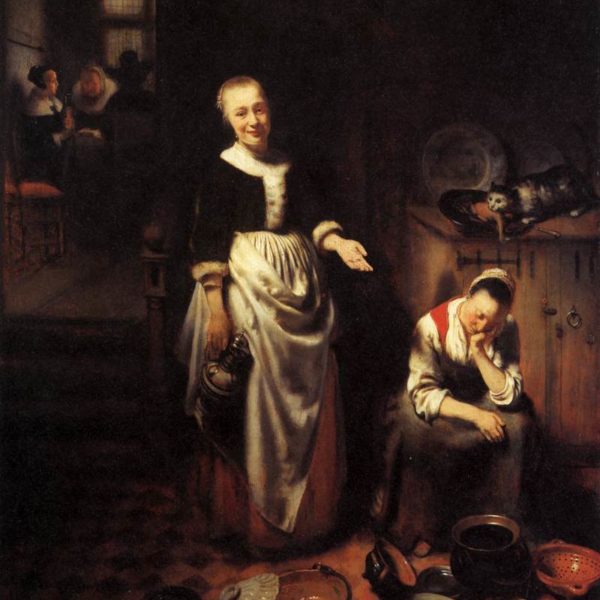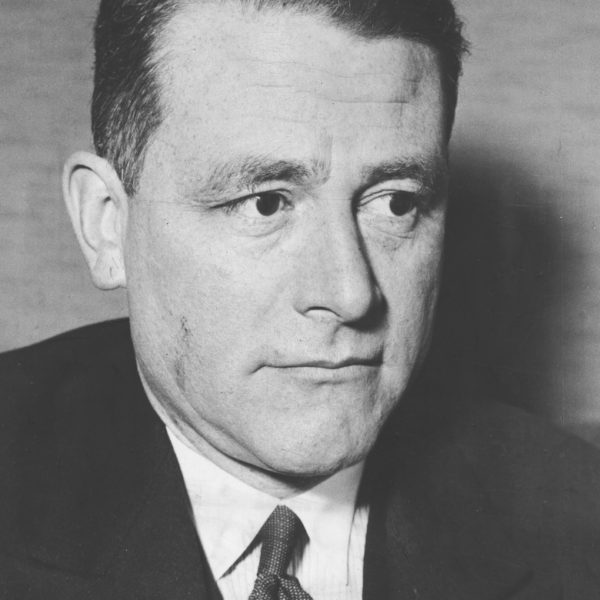
Political Theology Must Follow Agamben’s “Double Paradigm” of Sovereignty. The following is the guest editorial for the current issue of the print journal Political Theology (Volume 19, Issue 1, February 2018).
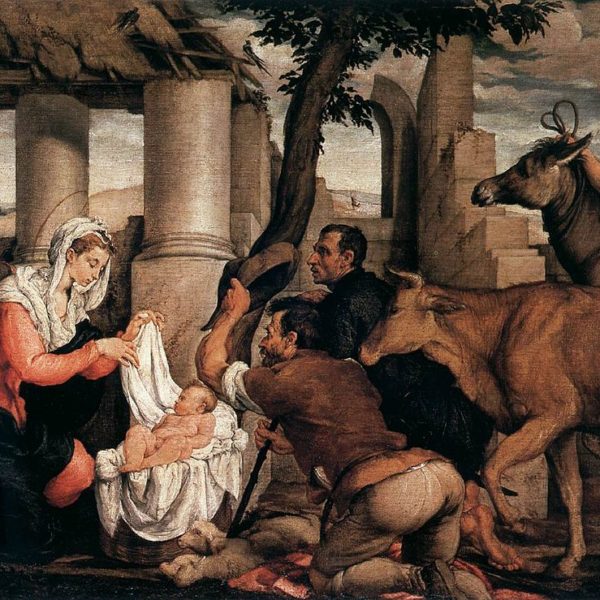
The story of the sign given to the shepherds—the Child wrapped in swaddling clothes, laid in a manger—both recalls and anticipates other scriptural events in significant yet surprising ways. It also reminds us of our vocation, as those who must declare the good news of the sign of Christ to the shepherds of our age.

The Magnificat is a song of divine disruption, the song of God’s revolution.
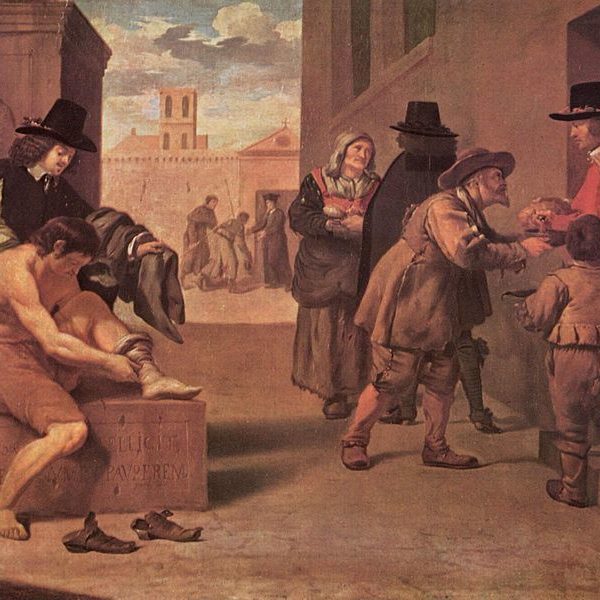
While often read merely as an account of judgment, heaven, and hell, the Parable of the Sheep and the Goats reveals a love that overcomes dualism.
